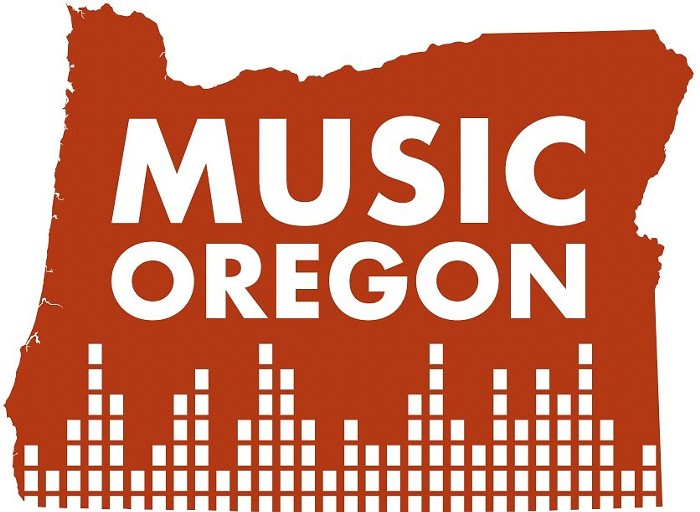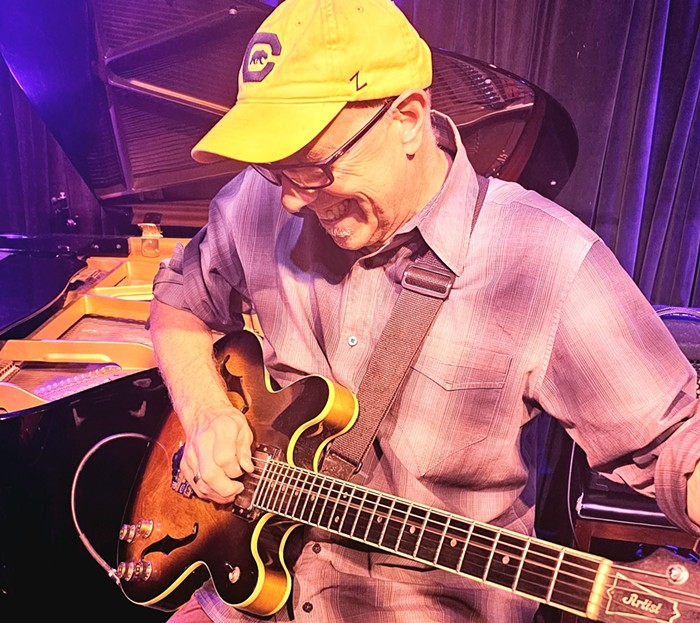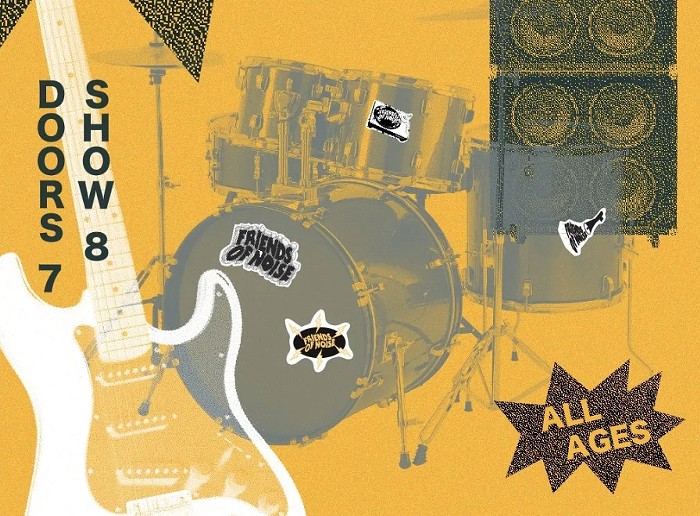Sat March 5
Doug Fir Lounge
830 E Burnside
If so inclined, one could argue that music is the shallow manipulator of the arts. And there would be a certain truth to such an argument--when propped up against, say, visual art or literature, music (especially pop music) can come off a bit like a calculating huckster--what with its nostalgic minor keys and its teary-eyed string swells. The equally compelling contrary argument of course is that music, elusive and vague as it may be, is simply the most effective, economical evocateur. When done perfectly--at least, as perfectly as Antony & the Johnsons do it--it's enough to make everything else seem wasteful, contrived, and gaudy. When done this perfectly, it's enough to defy description. Or at least it should be.
To describe something like Antony & the Johnsons in words--something so perfectly self-contained, so brilliantly conceived and orchestrated, so heart-rending--is to undoubtedly obscure it. And try as I might, I can't seem to muster the adjectives to accurately evoke the morose, androgynous aura of a man who is, quite simply, one of the most obsession-worthy performers I've encountered in a very, very long time.
Inspired by an obsession with New York's mid-'80s underground cabaret scene, the mono-named, English-born Antony moved to the city from his pubescent home of California in the early '90s--studying Experimental Theater at NYU before taking up a significant tenure as part of the ragtag experimental performance group Blacklips. Immersed in a culture still distantly rippling with aftershocks of Warhol, Glam conceptualism, and drag confrontation, Antony developed a persona mirroring the tragic qualities of Warhol's exploited drag superstars (Candy Darling, Holly Woodlawn, Jackie Curtis, etc), the icy desolation of Lou Reed at his barest, and the otherworldly androgyny of Klaus Nomi--all into a strangely apt summation of those far flung, distant eras. After the Blacklips disbanded, Antony focused his attentions toward the music he had nurtured during his years of cabaret--cobbling together an orchestral backing band called the Johnsons, and recording 2000's self-titled debut.
And it's here where things get a little sticky. To begin with, to describe what Antony and the Johnsons (re-issued last year by Secretly Canadian) actually sounds like is to invariably (and unsuccessfully) attempt to describe Antony's voice--a feat that's a little like trying to describe what goose bumps feel like. There's certainly a frame of reference from which to draw (most commonly, his name appears next to equally transcendent vocalists like Nina Simone and Little Jimmy Scott), but to truly describe Antony's voice with mere adjectives--sexless, weeping, and utterly devastating come to mind--feels not only unjust, it's just wasteful. Perfectly coddled by functional arrangements of piano, drums, and strings, Antony's voice cradles every word like a swansong--to an effect so beautiful that you almost miss the line about falling in love with a corpse.
Oh wait--did I forget to mention that part? Right. See, beyond the whole indescribably beautiful voice thing, Antony and the Johnsons' brilliantly manipulative vision rounds itself out with themes of the morbid, the masochistic, the gender-bent, and the romantic--all as if they're one in the same. There's love and there's loss, there's devotion and there's dismemberment, there's tenderness and there's torture--all sung so beautifully that it's at times difficult to tell just which is which. With a premise so theatrically conceived, it's no wonder Antony has picked up friends in high places.
It's been five years between the band's self-titled debut and this year's I Am a Bird Now, which is a moving, if considerably more reserved sophomore effort, marred only slightly by Antony's newfound notoriety--reflected in the record's innumerable, and largely superfluous all-star guest appearances. For a record that boasts names as diverse as Lou Reed, Rufus Wainwright, and Devendra Banhart, it's more than a little surprising to find that a duet with Boy George comes off feeling like the most vital outside appearance--the rest seeming almost tacked on for name recognition. But no matter--I Am a Bird Now's few shortcomings are easily eclipsed by the record's consuming, language-defying beauty.
Syrupy, overwrought, calculating, manipulative, and perfect--Antony and the Johnsons evoke more sheer, direct emotion in a four-minute pop song than most artists can in a career. How could you possibly hope to put that into words?


















